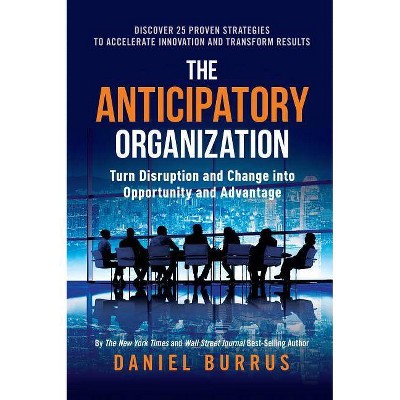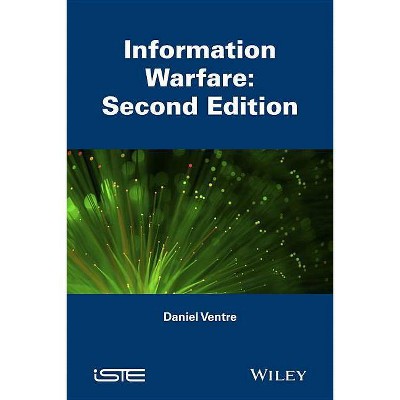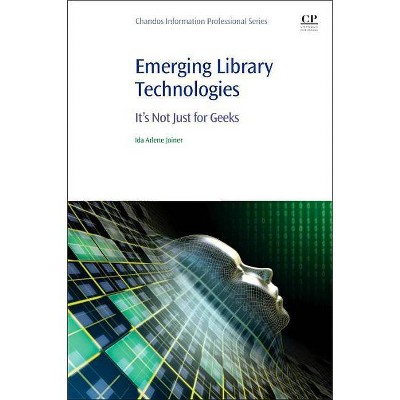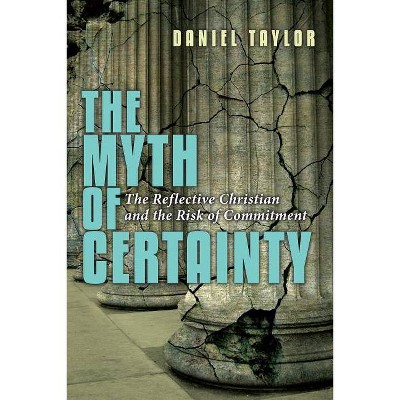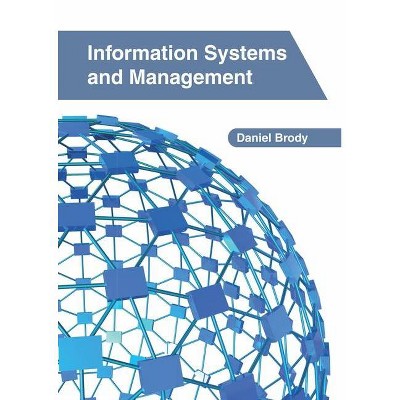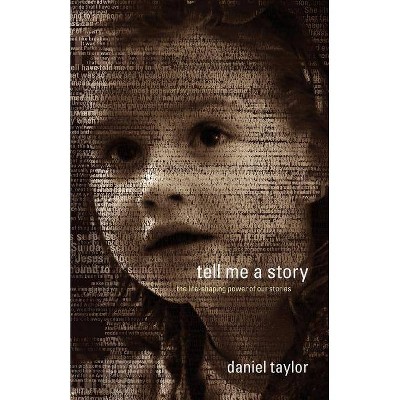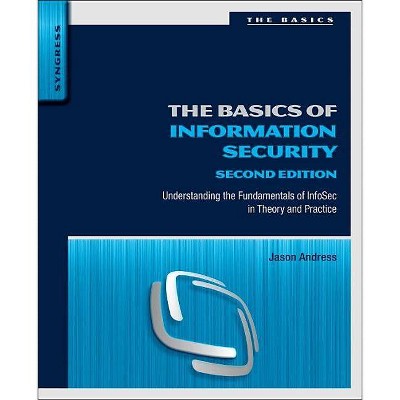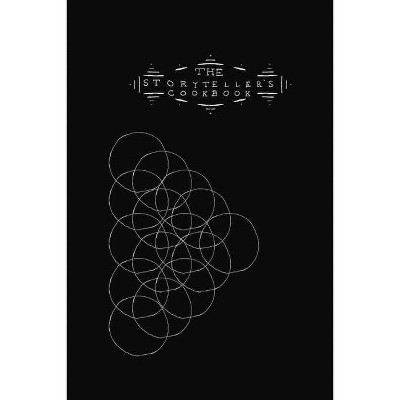The Organization of Information - 4th Edition by Daniel N Joudrey & Arlene G Taylor (Paperback)
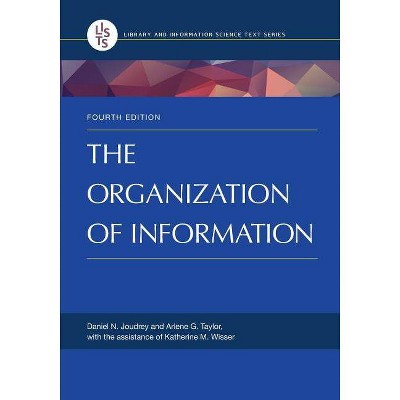
Similar Products
Products of same category from the store
AllProduct info
<p/><br></br><p><b> About the Book </b></p></br></br><p>This fourth edition provides an updated look at information organization, featuring coverage of the Semantic Web, linked data, and EAC-CPF; new metadata models such as IFLA-LRM and RiC; and new perspectives on RDA and its implementation.</p><p><br/>This latest edition of <i>The Organization of Information</i> is a key resource for anyone in the beginning stages of their LIS career as well as longstanding professionals and paraprofessionals seeking accurate, clear, and up-to-date guidance on information organization activities across the discipline. The book begins with a historical look at information organization methods, covering libraries, archives, museums, and online settings. It then addresses the types of retrieval tools used throughout the discipline--catalogs, finding aids, indexes, bibliographies, and search engines--before describing the functionality of systems, explaining the basic principles of system design, and defining how they affect information organization. The principles and functionality of metadata is next, with coverage of the types, functions, tools, and models (particularly FRBR, IFLA-LRM, RDF) and how encoding works for use and sharing--for example, MARC, XML schemas, and linked data approaches.</p><p></p><p>The latter portion of the resource describes specific activities related to the creation of metadata for resources. These chapters offer an overview of the major issues, challenges, and standards used in the information professions, addressing topics such as resource description (including standards found in RDA, DACS, and CCO), access points, authority control, subject analysis, controlled vocabularies--notably LCSH, MeSH, Sears, and AAT--and categorization systems such as DDC and LCC.</p><p><br/><ul></p><p><li>Provides an essential overview of information organization--a central activity in library and information science--that describes approaches to organizing in libraries, archives, museums, online settings, indexing services, and other environments</li></p><p><li>Newly revised and updated to reflect changes in cataloging rules, address new standards, and introduce upcoming changes</li></p><p><li>Expands the scope of content relating to information organization in non-library settings</li></p><p><li>Features vocabulary and acronym lists at the end of each chapter to help readers stay abreast of new terminology</li></p><p></ul></p><p/><br></br><p><b> Book Synopsis </b></p></br></br><p>This latest edition of <i>The Organization of Information</i> is a key resource for anyone in the beginning stages of their LIS career as well as longstanding professionals and paraprofessionals seeking accurate, clear, and up-to-date guidance on information organization activities across the discipline. The book begins with a historical look at information organization methods, covering libraries, archives, museums, and online settings. It then addresses the types of retrieval tools used throughout the discipline--catalogs, finding aids, indexes, bibliographies, and search engines--before describing the functionality of systems, explaining the basic principles of system design, and defining how they affect information organization. The principles and functionality of metadata is next, with coverage of the types, functions, tools, and models (particularly FRBR, IFLA-LRM, RDF) and how encoding works for use and sharing--for example, MARC, XML schemas, and linked data approaches.</p><p></p><p>The latter portion of the resource describes specific activities related to the creation of metadata for resources. These chapters offer an overview of the major issues, challenges, and standards used in the information professions, addressing topics such as resource description (including standards found in RDA, DACS, and CCO), access points, authority control, subject analysis, controlled vocabularies--notably LCSH, MeSH, Sears, and AAT--and categorization systems such as DDC and LCC.</p><p/><br></br><p><b> About the Author </b></p></br></br><p><b>Daniel N. Joudrey</b>, MLIS, PhD, is professor in the School of Library and Information Science, Simmons College, Boston, MA, where he teaches information organization, subject cataloging and classification, and descriptive cataloging.<br/><br/><b>Arlene G. Taylor</b>, MSLS, PhD, is professor emerita, School of Information Sciences, University of Pittsburgh. Her experience as a library school educator covered more than 30 years, and she was active in the American Library Association for more than 30 years.<br/><br/><b>Katherine M. Wisser</b>, MA, MSLS, PhD, is associate professor at the School of Library and Information Science, Simmons College, Boston, MA, where she teaches information organization, archival access and use, metadata, indexing and thesaurus construction, and the history of libraries.</p>
Price History
Cheapest price in the interval: 60 on October 27, 2021
Most expensive price in the interval: 60 on February 4, 2022
Price Archive shows prices from various stores, lets you see history and find the cheapest. There is no actual sale on the website. For all support, inquiry and suggestion messagescommunication@pricearchive.us
